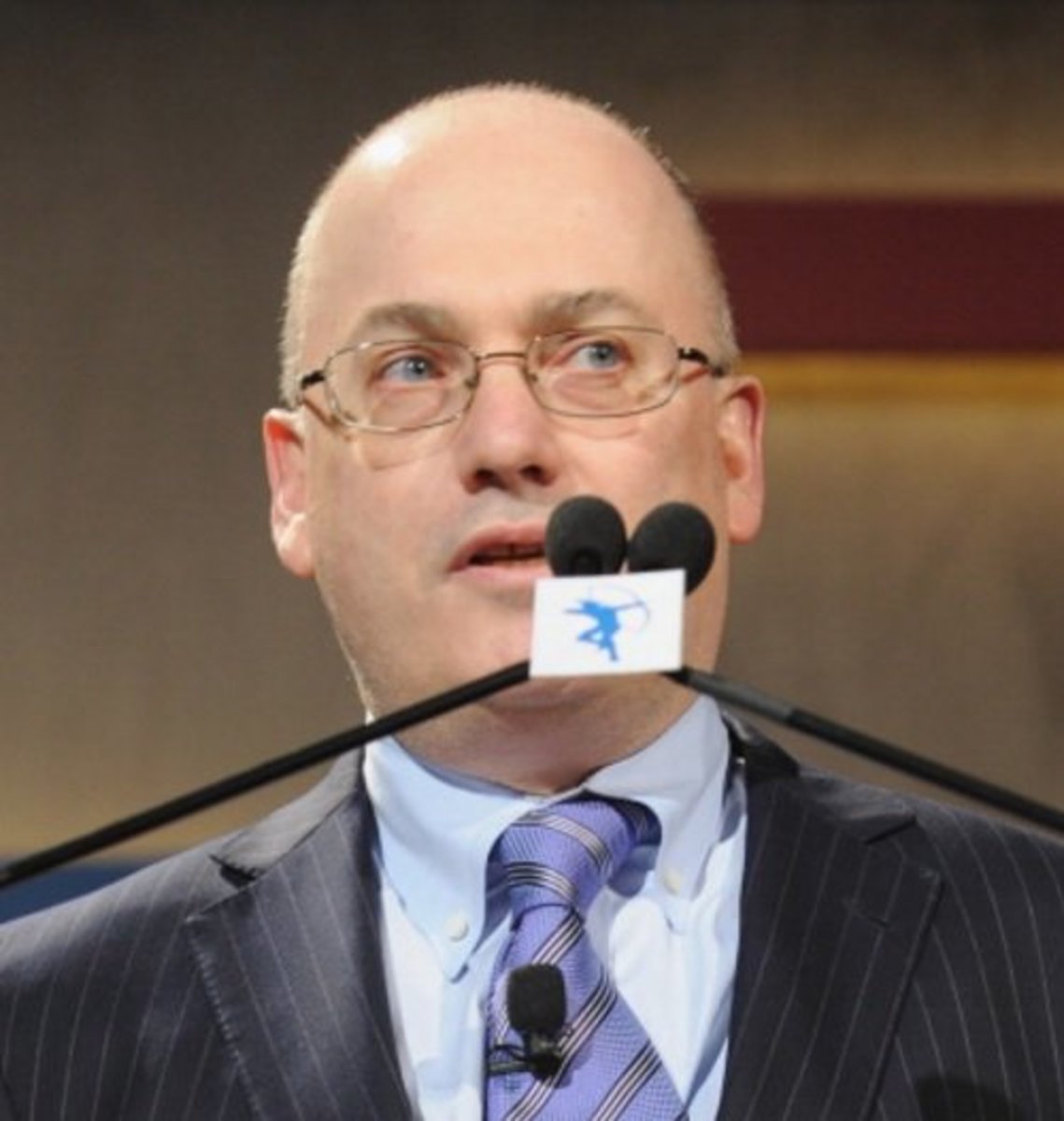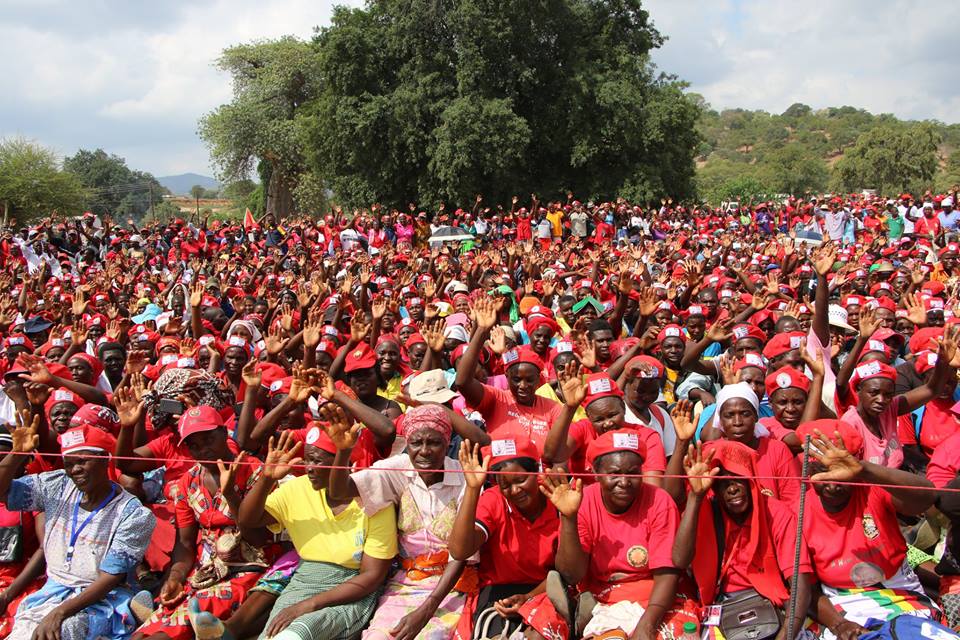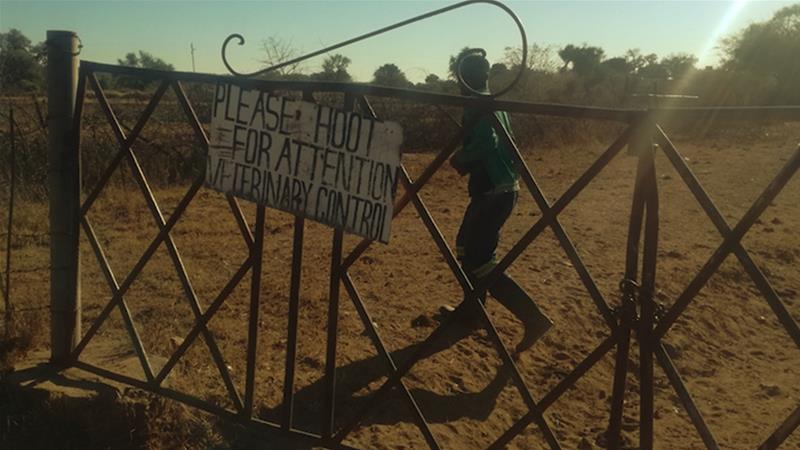
(Image via Getty)
This is not ideal mutual aid support, but these are not ideal times. If you absolutely have to attend recovery meetings in person, it is understandable. Please practice the hygiene protocols set out by the CDC.
For those of us whose recovery involves mutual aid support such as the rooms of 12-step, coronavirus (COVID-19) presents unique challenges and balancing considerations. We have to protect our own health and stay sober while also recognizing the negative impact such social contact can have during the pandemic. Let’s be honest, the rooms we walk into to share our experience, strength, and hope are not always the most cleanly. However, there are options that, while not perfect, can give us the support we need while being socially conscious of how our actions impact others.
This resource will also be helpful if you must self-quarantine, and therefore cannot get to meetings.
An online resource that is user-friendly, offers complete anonymity, and a wide variety of mutual-aid support ranging from 12-step to Smart Recovery, including video meetings, is “In The Rooms.”
To be clear, I do not view this as the ideal mode of support, but it is an option and as anonymous as a person wants to be. It can be a steppingstone to more brick-and-mortar modes of recovery.
In the Rooms is an online social network dedicated to the global addiction-recovery community for people seeking help or in recovery, and their family, friends, and allies of recovery worldwide.
They put it as follows:
We are not trying to replace Face-to-Face fellowship meetings; rather, ITR is a safe and secure place to come and socialize the other 23 hours a day you’re not in a meeting and to connect with other recovering people around the world.
InTheRooms.com transcends the boundaries of all 12 steps and non-12 step fellowships socially while maintaining the integrity of each by having 40 different fellowship groups represented. ITR currently has the largest AA / Alcoholics Anonymous (208,000+ members), NA / Narcotics Anonymous (155,000+ members) and Alanon (26,000+ members) groups in the world.
For the first time in history, this allows the social interaction between fellowships not found when attending regularly scheduled meetings of any one of these fellowships. We are bringing together members of the global recovery community socially to experience a vast array of tools that can be used to enhance and expand one’s recovery experience and social connectedness.
The site is not only conventional 12-step support. You will be able to find:
- Faith-Based meetings
- Yoga and meditation meetings
- Refuge Recovery, which is Buddhist Recovery
- Meetings for agnostics in both AA and NA
- Support for family members
- Meeting for grief and codependency
- Meeting for people suffering from chronic pain
- Meetings for people on MAT (Medically Assisted Treatment)
- Closed specialty meetings for men and women
- Non-12-step meeting for Sex Addiction
Brian Cuban (@bcuban) is The Addicted Lawyer. Brian is the author of the Amazon best-selling book, The Addicted Lawyer: Tales Of The Bar, Booze, Blow & Redemption (affiliate link). A graduate of the University of Pittsburgh School of Law, he somehow made it through as an alcoholic then added cocaine to his résumé as a practicing attorney. He went into recovery April 8, 2007. He left the practice of law and now writes and speaks on recovery topics, not only for the legal profession, but on recovery in general. He can be reached at brian@addictedlawyer.com.







 Jordan Rothman is a partner of
Jordan Rothman is a partner of 









